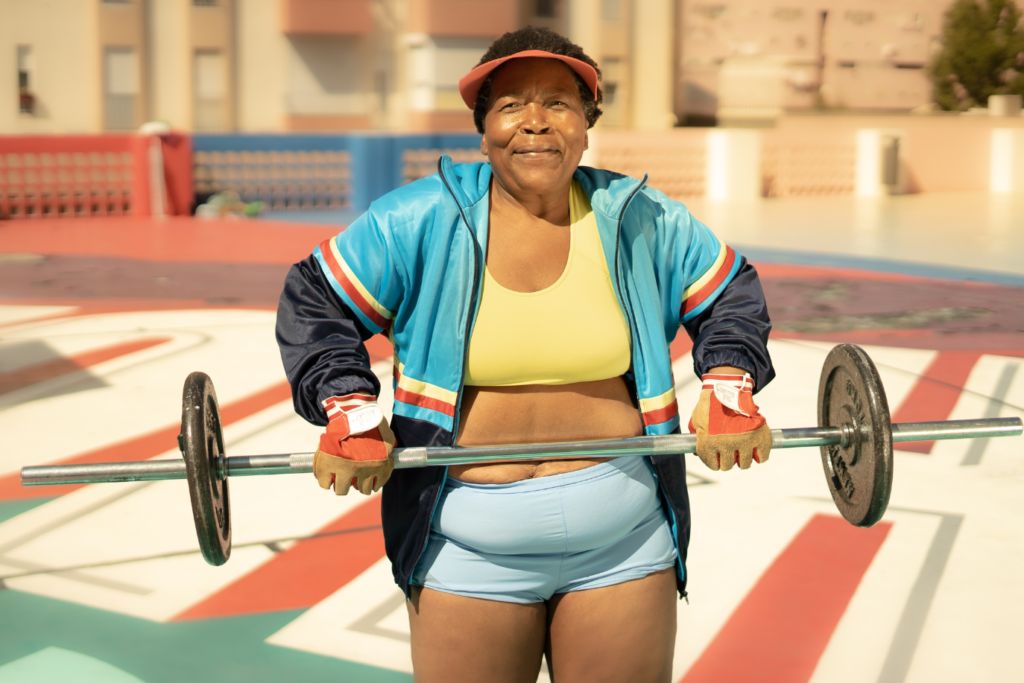Most older adults are engaged in intimate relationships and can maintain them throughout their lives. Research shows that the frequency of sexual activity by older adults was similar to that among adults aged 18-59 years. This finding indicates that the frequency of sexual activity does not decrease significantly with age. Interestingly, there is a lower frequency of sexual activity in older women compared to older men. This is most likely caused by the fact that most women are younger than their male partners, in combination with the fact that the average age when men pass away is lower than the average age that women pass away. Consequently, there are more older females than older men, which could explain the discrepancy in sexual frequency between older men and older women.
Reading the above information, people would think that age doesn’t change sexuality. This is correct if you separate aging and illness as distinct constructs. Normalizing sexual needs in aging people and separating aging and disease means moving away from the dominant medical model. Aging, however, is correlated with increased physical and social challenges. The most visible change when people age is physical changes. As we all know, age comes with physical discomforts that range from an increased risk of diabetes, and heart failure, to dementia. This physical change can affect people’s sexuality due to pain, stress, and medication. Medication can have side effects that negatively influence sexuality. Unfortunately, many physicians don’t mention those side effects to older adults, as they don’t expect older adults to be sexual beings.
Besides physical changes, negative social changes are more common when people age. When you get older, there is a higher chance that your partner/spouse passes away, that you need to take care of your partner or that your partner needs to take care of you. There are many scenarios where you or your partner depend on others for care. With that changed dependence or becoming widowed comes changes in sexuality. For some people, losing a partner means losing their sexual partner and no longer being sexually active. In addition, when you have to take care of a partner and become their caregiver, the sexual desire decreases and sometimes even disappears.
In conclusion, age itself does not affect sexual frequency. When people are sexually active in their 20s, they will most likely have the same sexual need in their 50s and 70s, which means that sexual need or frequency is not affected just by aging. However, aging comes with increased physical, social, and psychological challenges, and these challenges affect sexual need/frequency. So, the ultimate answer to the question of whether sexual frequency changes when people age is both YES and NO. The conclusion means that older adults who are sexually active, those who are not sexually active, and those who express sexual desire are all expressing normal sexual behavior. My take-away message is: normalize sexual behavior in older adults!

